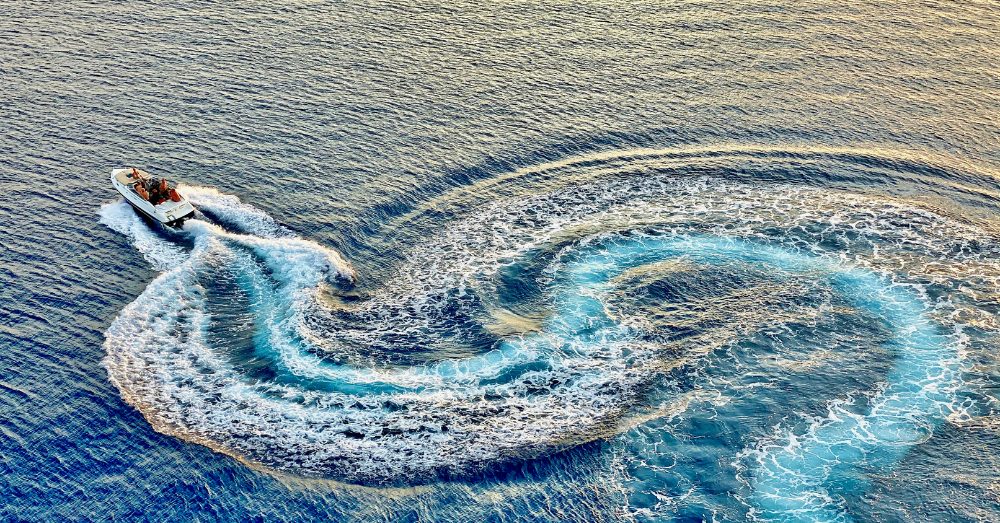How To Be More Fuel Efficient On the Water Without Cutting Corners
Whether you have a boat or a car, fuel efficiency is always a big concern. No one wants to spend more on gas than they have to. If you own a boat, you might be wondering what some ways are to be more fuel efficient on the water. There are some surprising things to keep an eye on when pursuing better fuel economy.
Hull Cleaning and Maintenance
A little maintenance and cleaning can go a long way in helping your boat be more fuel-efficient. Barnacles, algae, and built-up grime can cause drag in the water and reduce fuel efficiency. You can keep your hull clean by checking it regularly and cleaning when you notice buildup. An anti-fouling paint might be a good idea as well.
Check Your Propeller Condition
Whether you have an inboard or an outboard motor, your propeller is an important part that makes your boat go. If your propeller is damaged or improperly pitched, your fuel economy can be drastically affected. It’s a good idea to get your propeller periodically inspected and ensure that you choose the right one for your boating style.
Focus on Weight Distribution
Just like with a car, weight distribution is very important to fuel economy in a boat. Excess gear and unbalanced loads force the engine to work harder, thus using more fuel. A good rule of thumb is to stow only what’s necessary and ensure that any cargo weight on the boat is balanced evenly.
Find Your Optimal Cruising Speed
Most boats have a cruising speed where you get the best fuel economy. Finding this sweet spot might take some time, but it’s worth it for superior handling, ride comfort, and fuel economy. Run your boat in a straight line on a calm day and record the speed and fuel consumption at different RPMs. Once you have some data, plot it on a graph and note where the fuel consumption is lowest at a given speed. This should be your optimal cruising speed.
Using Fuel Additives and Quality Gas
As with a car, quality gas can make a big difference in fuel economy. Ensure that you’re always filling up with top-quality fuel and that you can keep the fuel fresh with marine-specific fuel stabilizers. Ethanol blends affect efficiency and performance on a boat just like they do with a car. You can counter this by using fuel additives formulated to keep ethanol from degrading and negatively affecting your engine.
Plan Your Routes with Smart Navigation
Unnecessary idling and inefficient routes can waste fuel. Use a marine GPS or app to plot the most efficient course to where you’re going on the water. Similarly, boating on calm water can also help save fuel. For recreational boating, this is generally ideal anyway. Fighting bad weather and rough waters will obviously use more fuel as the engine works harder.
Maintain Your Engine
Maintain your inboard or outboard motor regularly by checking the fuel filter, flushing after saltwater use, and replacing spark plugs when needed. Just like with a car, regular oil changes are important to maintain engine health. If your engine is poorly maintained, it’s likely to burn more fuel and just generally be less efficient.
Match Your Engine To Your Boat’s Size and Purpose
If you have a motor that’s too small for your boat’s size or how you use it, then it might be overworked and use more fuel than it should. On the other hand, if you have a motor that’s too big, it might never run efficiently. It’s important to ensure that your engine size and power are enough for your boat, but also that it’s not too much.


